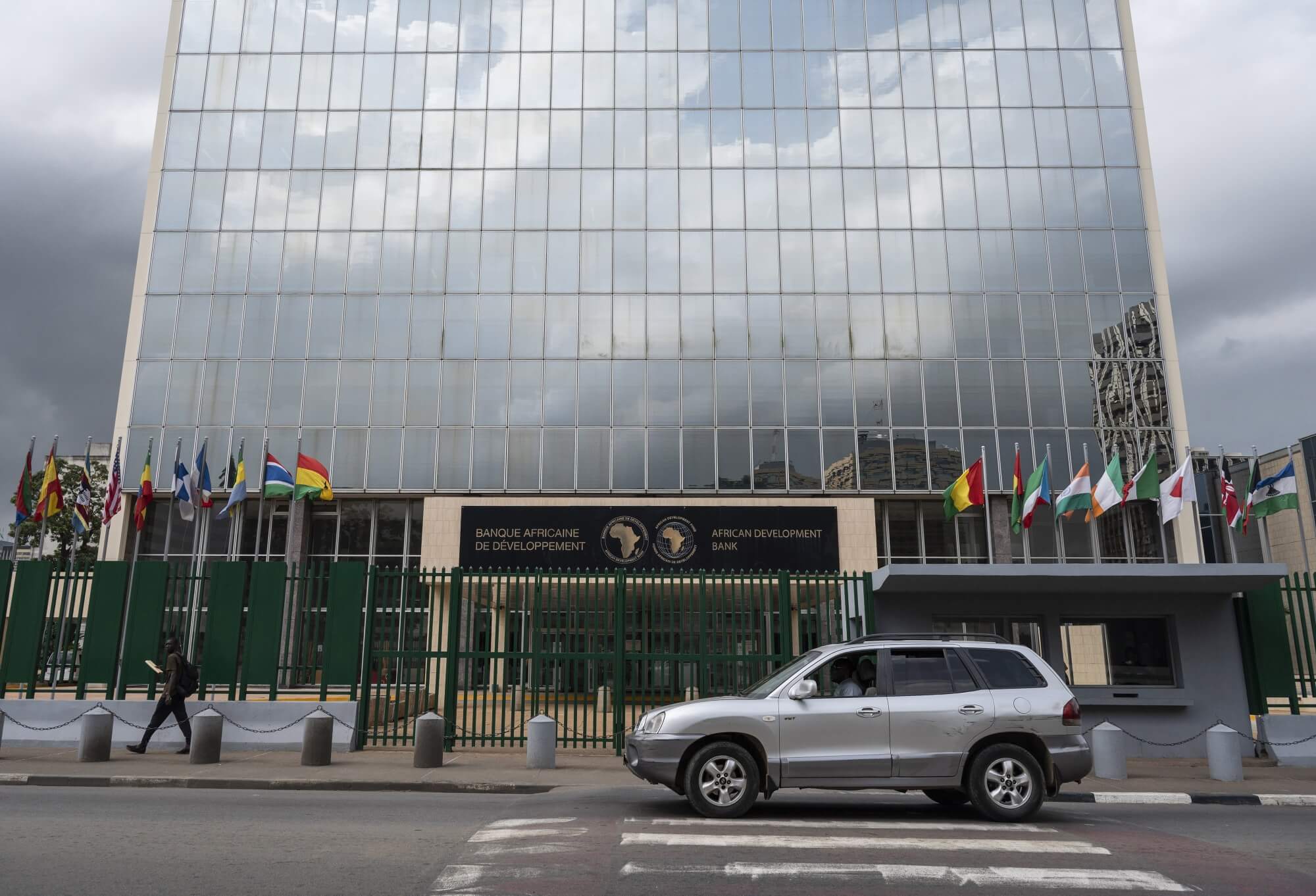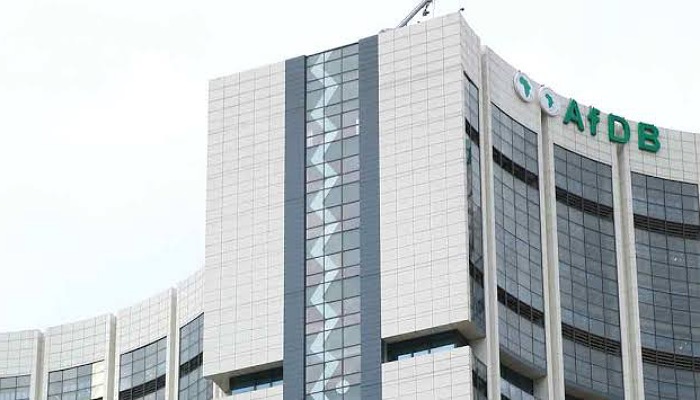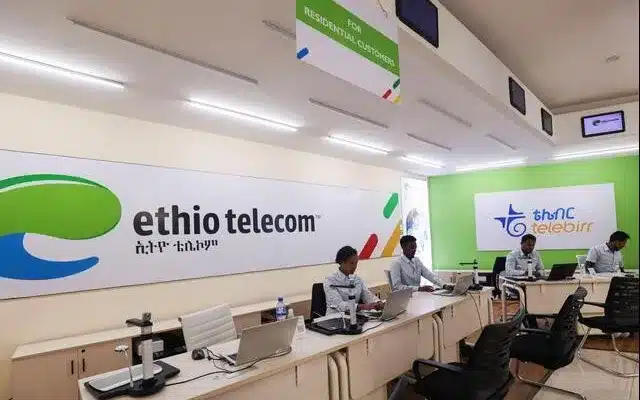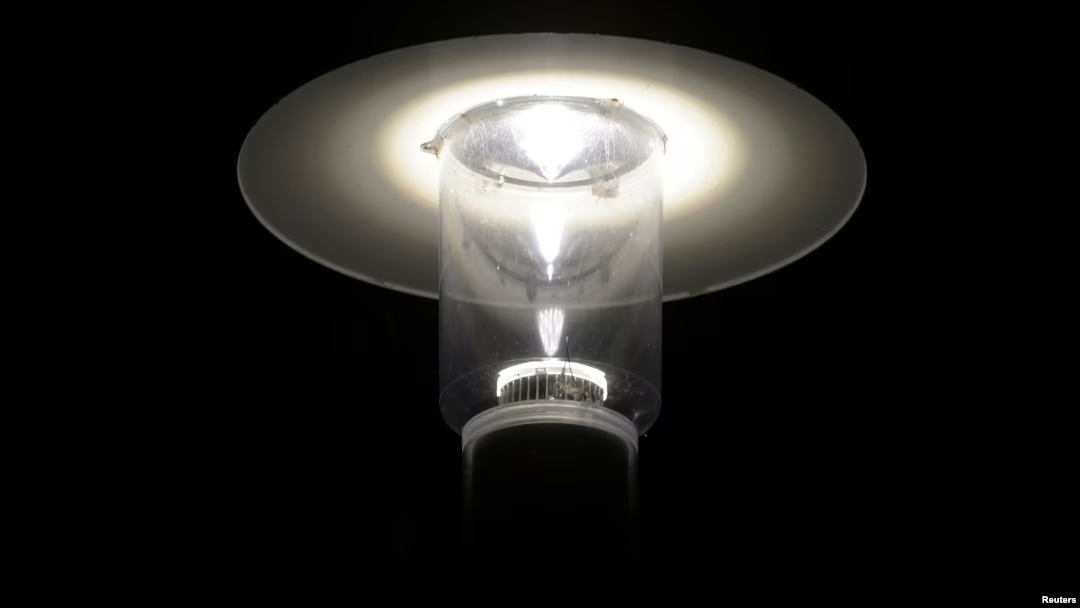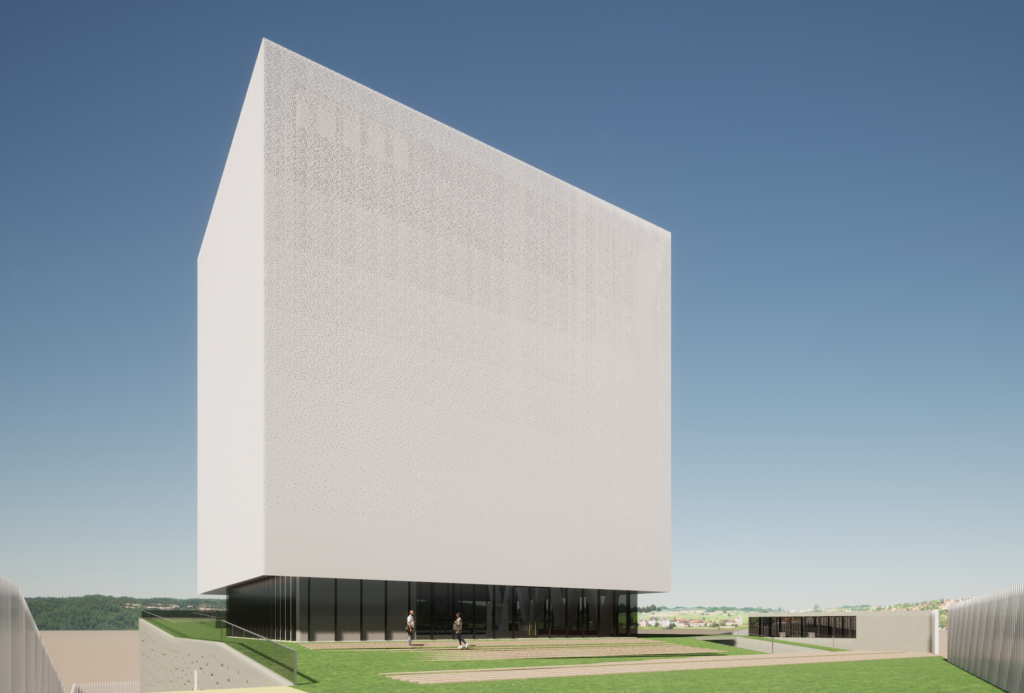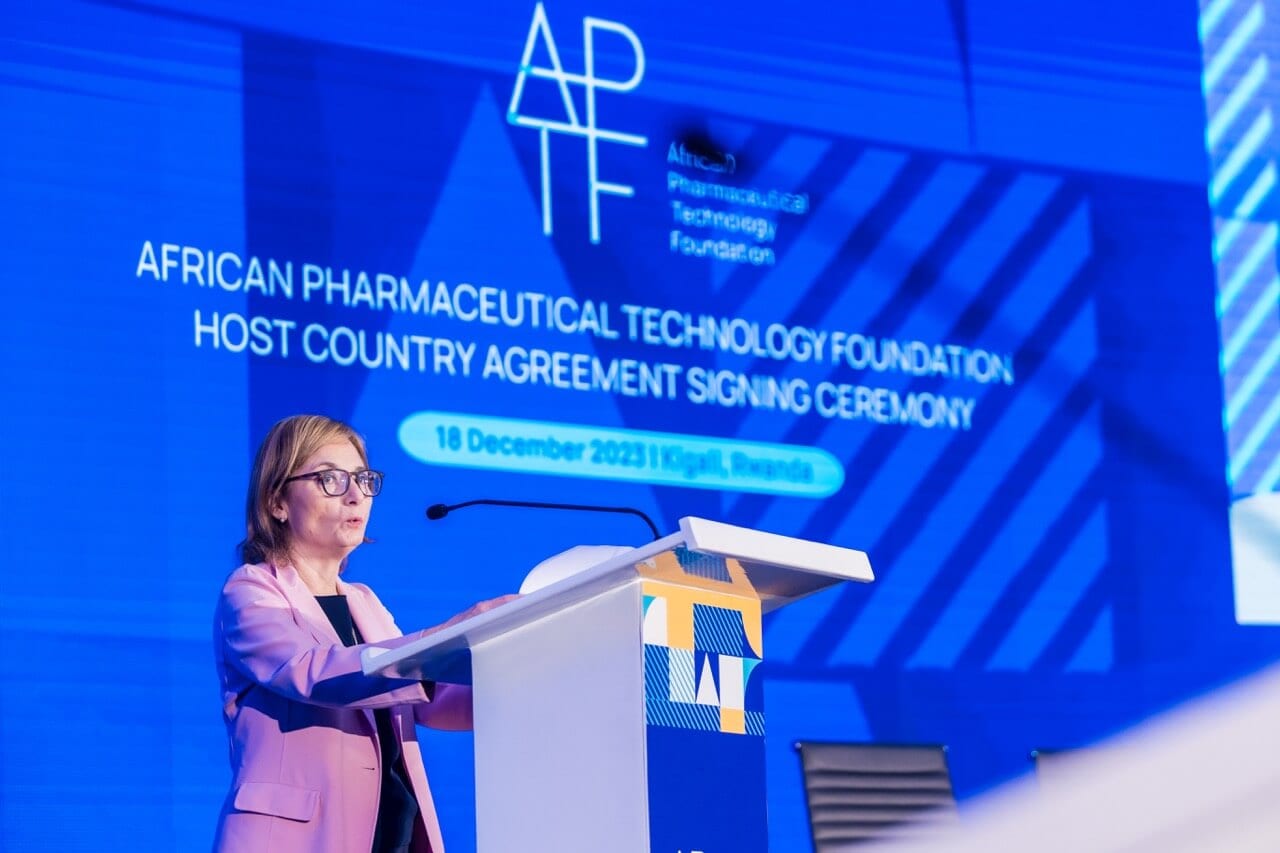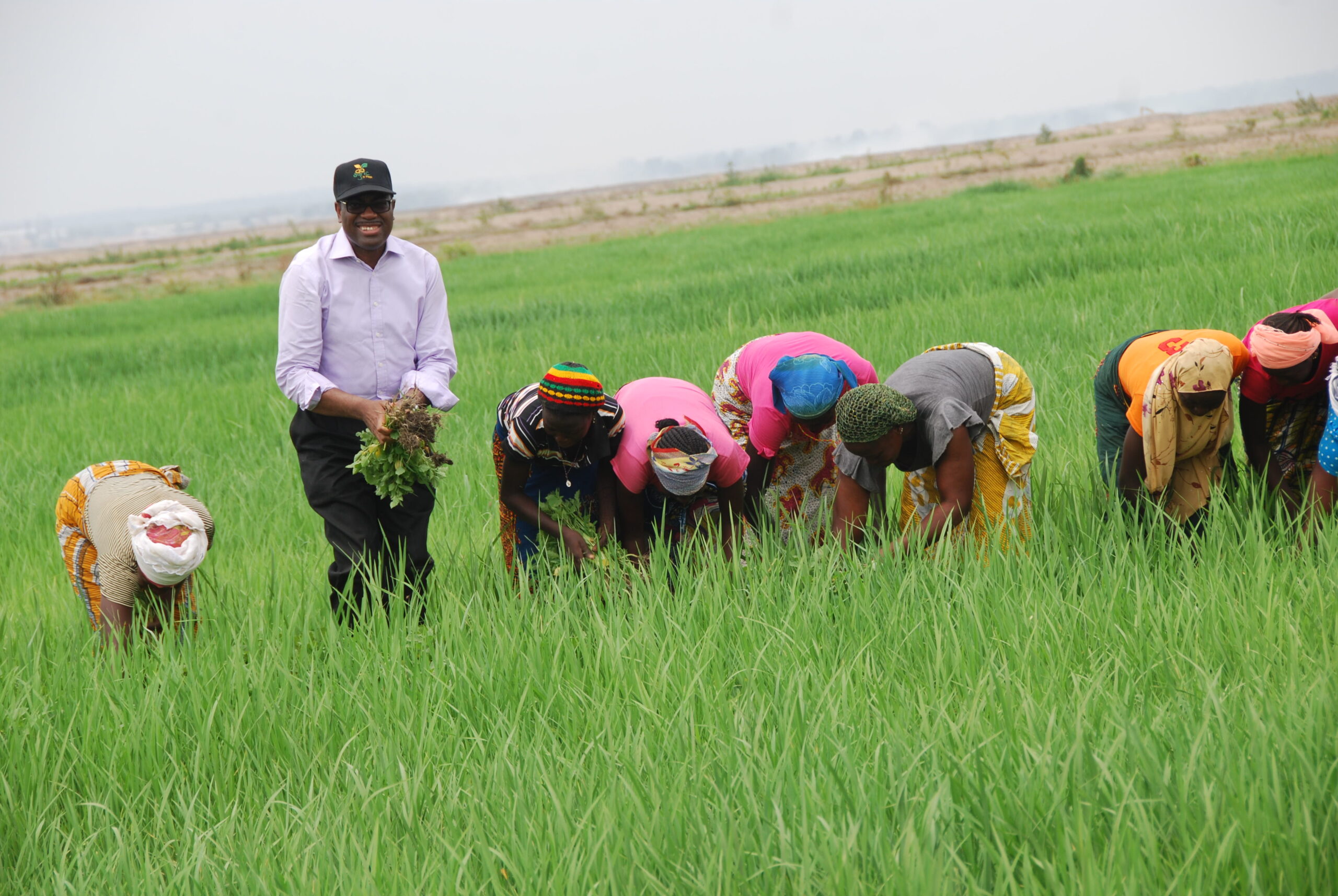AXIAN Telecom has been granted a $160 million senior corporate loan by the African Development Bank (AfDB) to help them increase financial inclusion and digital access in nine African nations, with a special focus on the expansion of 4G and 5G technology.
According to the announcement by AXIAN Telecom on Thursday, It will also spur digital innovation in its business practices, allowing it to go global.
With an emphasis on the rollout of 4G and 5G networks, the loan will expedite the modernisation and growth of AXIAN Telecom’s network infrastructure.
As a pioneer in Africa’s digital revolution, AXIAN Telecom, with its headquarters located in Mauritius, provides services to 42.9 million mobile customers, 11.4 million data users, and 15.2 million users of mobile financial services.
Read also: 2 million Nigerians to gain electricity as AfDB invests $500M in Nigeria
Aim to address gender inequality in financial services access
The financing is primarily focused on addressing gender differences in financial services access.
AXIAN’s Mvola platform will be used to empower 22,000 women entrepreneurs in Madagascar, with over $10 million allocated for this purpose.
Furthermore, a $2.5 million grant will improve 34,000 women-owned enterprises in Madagascar, Tanzania, and Senegal’s access to finance and financial literacy, allowing them to expand and enter the formal sector.
“This investment reflects the African Development Bank’s commitment to driving Africa’s digital transformation and fostering inclusive growth. By supporting AXIAN Telecom’s growth plan, we are bridging the digital divide, creating opportunities for millions across the continent, and fostering innovation,” said Solomon Quaynor, Vice President for Private Sector, Infrastructure and Industrialization, African Development Bank.
Quaynor noted the African Development Bank’s support as part of cooperation to accelerate progress, increase financial inclusion—particularly for women—and drive sustainable development.
“Together, we are building the infrastructure and ecosystems that will enable Africa to thrive in the digital age,” Quaynor adds.
Read also: Ethio Telecom, AfDB dialogue on possible partnership to boost Ethiopia’s digital economy
Role of partnership in enhancing sustainable development
Hassan Jaber, CEO of AXIAN Telecom, noted that the African Development Bank funding emphasises the continent’s enormous digital potential as well as the vital role that cooperation plays in promoting sustainable development.
“We are honoured to partner with an organisation that shares our vision of advancing Africa’s digital economy. The funding from the African Development Bank not only underscores the immense digital potential of the continent but also highlights the critical role of collaboration in driving sustainable development,” said Hassan Jaber, CEO of AXIAN Telecom.
Jaber underlined that the African Development Bank’s assistance will strengthen the business’s current projects, which include promoting creative ways to close the digital divide and increasing access to reasonably priced internet while fitting in perfectly with their mobile businesses’ recent makeover under the Yas brand.
He stated, “Yas represents our commitment to empowering a young, dynamic, and digitally connected population, embracing every opportunity with a resounding ‘YES.’ Together, this collaboration will help drive meaningful change across Africa’s digital landscape, furthering our shared mission of digital and financial inclusion.”
The partnership is in line with the African Development Bank’s “Hi-5” development initiatives, specifically “Integrate Africa” and “Industrialise Africa,” which promote cross-border digital services, improve connectivity, and aid in financial inclusion.
